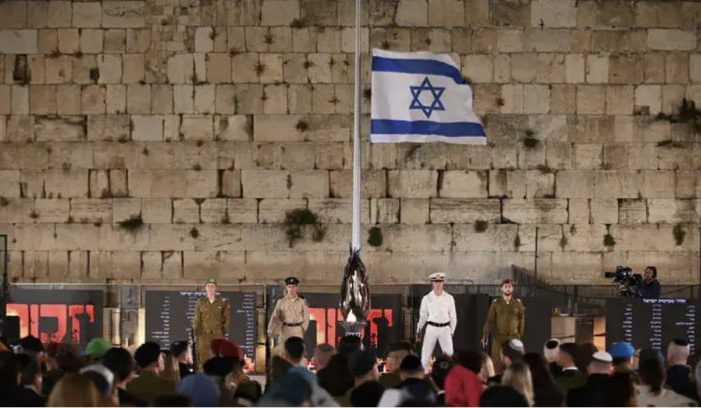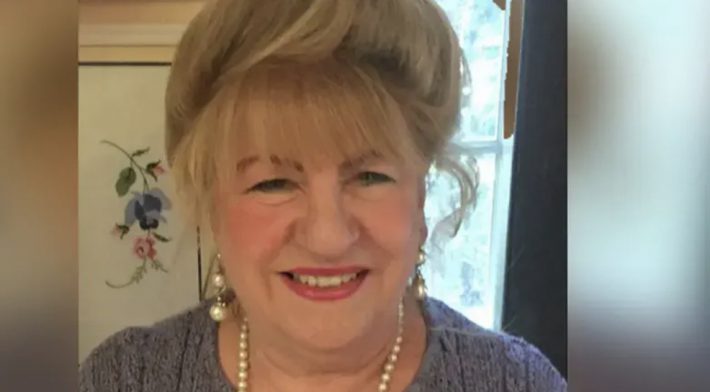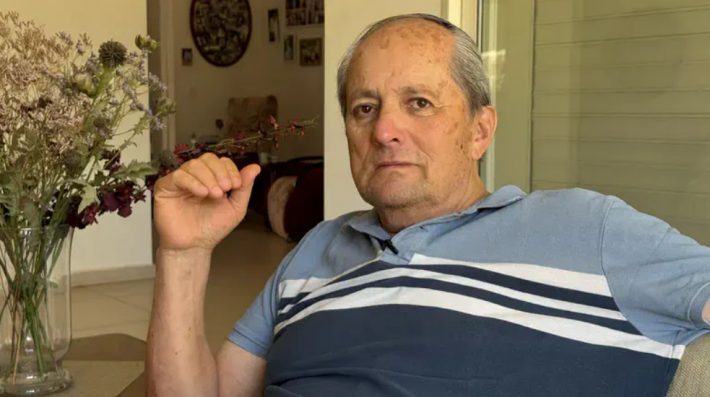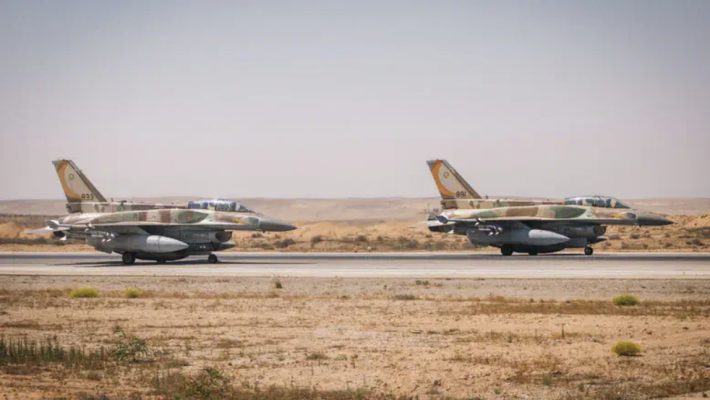President Isaac Herzog addressed the official opening ceremony of Memorial Day for the Fallen Soldiers of Israel and Victims of Terror at the Western Wall Plaza in Jerusalem.
Each year, the sound of this siren—here, beside the Wall of Tears, and throughout the land—shakes and stirs the heart. The sound of heroism and inner strength. Our sound, all of us. Every walk of life of our people. The sound that always reminds us where we came from—and where we are going. The sound of the righteousness of our path.
“A still quiet voice will be heard; and trembling and fear shall seize them.”
This year, perhaps more than ever, the siren’s sound is also a true alarm, commanding us: unite and come together. Do not tear apart from within. Do not destroy our home.
It rises further and further, like a terrible cry, a wail, a scream that pierces the gates of Heaven. For the fallen men and women, the murdered; for the many wounded in body and soul; for our kidnapped brothers and sisters—the beloved, the tormented—held in captivity and distress for more than a year and a half.
From here, I call out to our brothers and sisters in the hands of murderers: A whole nation is missing you, worrying for you, crying your cry. A nation tormented beyond measure. A nation that knows—deep in its soul, burned with longing and anxiety—that the wound cannot heal until you return. Until you return to us. Here, at the place where our soldiers swear to defend the homeland and the freedom of Israel—we too swear, I swear: not to rest and not to be still. Not to rest and not to be still. Not even for a moment. To act with all our might, by every means, to take one more step, and another, until all of you come home. Every single one.
My sisters and brothers, exactly a year ago, I lit this memorial torch here, at the foot of the remnant of our Temple, together with Sarah Vespi—an IDF widow, a bereaved mother, and a bereaved grandmother. Ten years after Sarah lost her husband, Yoav, in the Yom Kippur War, her son Arnon fell in Lebanon.
Eulogizing him, Sarah said: “The rain trickles down my window, together with my silent tears. For my son—who did not return. For my husband—who did not come back.”
Years later, when a grandson was born and named after his uncle—Arnon—Sarah said: “I will have two Arnons: a living Arnon and an Arnon in my heart.”
That grandson, Captain Arnon Benvansti Vespi, a 26-year-old Givati reservist officer, fell in battle in Gaza a year and a half ago. He is buried in Rosh Pina, alongside his grandfather and uncle. Three generations. Three wars. One family. Sarah Vespi passed away three months ago. May her memory, and that of her loved ones, be blessed.
Throughout our existence here, we have come to understand deeply the words of the bereaved poet Nahan Yonatan: “A land whose lovers gave her all they could give.”
We have seen how the two words “cleared for publication” can destroy an entire world. And, horrifyingly, how sometimes, within the very same home, yet another world is destroyed—how one family must endure loss upon loss, live life upon life layered with longing. Families struck by generational, multi-generational bereavement. Double bereavement, sometimes triple. Families who gave everything—and then gave everything again.
Today I wish to speak of some of those families, while holding all bereaved families in my heart.
All the fallen, all the families. From every campaign. From every part of the people. Across the entire land. Families who are the very silver platter upon which our state was served.
Thanks to them, we exist. Thanks to them, we endure. Thanks to them, we shall be.
Sergeant Omri Tamari, a proud Golani soldier, was killed last October. He was not the first in his family to fall. Nor the second. His grandfather, Avraham, lost his father, Yaakov Zvi, in the War of Independence, and two decades later, his brother Shmuel during the War of Attrition.
Standing over Omri’s fresh grave in Mazkeret Batya, Avraham—the orphan, the brother, and the bereaved grandfather—said: “It is very hard to bear, but we have no choice.”
At the same time, the same spirit rose in Tuba-Zangaria, over the grave of Sergeant Yosef Hieb, who fell alongside Omri. More than three decades after his grandfather, Nayef Hieb—a Bedouin Muslim tracker, father of seven—fell during an operational mission in southern Lebanon.
Two families—generation after generation—who see defending Israel’s security not as a burden, Heaven forbid, but as an immense privilege. A sacred duty: to enlist, to serve, to wear the olive uniform.
“Saving Israel from the oppressor” is a sacred duty—written in blood; and all of us—every community of Israel—must take part and shoulder the burden.
Over the grave of Lieutenant Yochai Duchan, who fell on October 7, his brother Yehuda eulogized him in heart-wrenching words: “Father strokes your head,” he said.
Alex, Yochai’s father, born to Algerian immigrants, came to Israel from France and settled in Kiryat Arba. He was killed in a terror attack on the Worshippers’ Way in 2002, near the Cave of the Patriarchs.
Upon completing Officer’s School, Yochai said: “The love of Israel and contribution to the state are at the core of my family—and my father’s.”
Lieutenant Yochai Duchan fell in a heroic battle at Nahal Oz, fighting barehanded when ammunition ran out. And the ancient lament echoes: “The slaughterer came and killed fathers and sons.”
Captain Wasee0m Mahmoud, a Druze deputy company commander in the Engineering Corps, fell alongside seven of his soldiers in Gaza just under a year ago; 72 years after his great-grandfather, Nur al-Din Mahmoud of Beit Jann, fell in battle at Qalqilya.
Waseem was already wounded on October 7—in his hand and neck—but insisted on returning to fight with his men. That is the way of the family—generation to generation—to do everything, selflessly, for our state. For all of us.
“Fathers and sons, grandmothers and grandchildren… A father cries for his son, cries for his father.” So goes the song.
So many brave, extraordinary families who insist—generation after generation—on carrying the torch of service and devotion, rooted in deep belief in the justice of our path.
Hundreds of innocent citizens, pure and blameless, have been murdered by vile terrorists in the past year and a half. And even among civilian bereavement—the victims of terror—the multi-generational grief is so painfully present, shaking every fiber of body and soul.
I will never forget comforting mourners at Kibbutz Lahav, with the family of Yagev Buchshtav—of Kibbutz Nir and the partner of Rimon—who was executed while held captive by Hamas murderers in Gaza. I will never forget the sorrow that pierced my heart when I heard Esther’s story—Yagav’s mother—about her uncle, Yosef Arbiv, who made Aliyah from Tripoli, Libya, and fell during the heroic rescue of the Hadassah Convoy in Jerusalem in 1948.
Bereavement upon bereavement. A family’s world destroyed—and then destroyed again.
Beloved and cherished bereaved families, my sisters and brothers:
The truth must be spoken: we have never sought to live by the sword. We are not war-loving people.
On the contrary: peace was, and remains, our greatest yearning. We will never give up on reaching out for peace. Never. At the same time, we will never renounce, even for a moment, our duty to defend ourselves, and our historic and natural right to exist—like every nation—sovereign in our homeland.
Peace is not only an aspiration outward, toward our neighbors, but a supreme, binding duty inward, within our own home. Throughout this difficult war, I have met thousands of bereaved families. One message, one plea, one cry rose from every heart, from every soul, again and again: lower the flames. Mend the hearts. Keep us one people.
At this sacred moment, I recall the words of Dudi Naim—a bereaved brother—eulogizing his heroic daughter, Sergeant First Class Agam Naim, a combat medic who fell in battle at Rafah: “I want us, as a people, to be worthy of your death,” her father cried.
Today I stand here, just steps from where the smoke of the burning Temple mixed with the smoke of burning granaries two thousand years ago, and cry out against the inciters, the dividers, the arsonists: Enough! Enough division! Enough polarization! Enough hatred! We must not, by our own hands, bring about the destruction of our national home—the home of all Israelis, the home of the entire Jewish people.
Our generation bears a historic responsibility: to safeguard, at all costs, our home—this precious miracle—our Jewish and democratic State of Israel.
A responsibility to uphold the supreme command bequeathed to us by our loved ones.
Let me be clear: I do not stand here as a prophet of doom, and my words are not a lamentation. Great nations are tested in their hardest hours, and indeed—our great nation—full of spirit and strength—has risen from its hardest hour.
There, in that dark hour, we saw stirring heroism, boundless love for Israel, deep devotion and determination, mutual responsibility, and unwavering faith in the justice of our cause. From the depths of destruction rose the clear, steadfast answer of our eternal people.
On this sacred day, in this sacred place, we also bear a sacred duty:
To recommit ourselves to the brave, shared Israeli covenant.
To listen to the impressive, courageous, resolute voices of bereaved Israeli families. To draw a thread of kindness from these national days—the Ten Days of Sanctity—throughout the year. To trust each other, to extend a hand, to rise above divisions, and to transform this moment of pain into a moment of shared rebuilding.
Beloved and cherished bereaved families—mothers and fathers, spouses, sisters and brothers, daughters and sons, grandmothers and grandfathers, loved ones—As President of the State of Israel, on behalf of the State of Israel, I bow my head before you in gratitude and reverence. I pray: for the immediate return of all the hostages—the living and the fallen—every last one of them; for the healing of all the wounded, in body and in soul; for the success and safety of the soldiers and commanders of the IDF.
I embrace and strengthen, on behalf of us all, the soldiers of the IDF, and the operatives of the Shin Bet, the Mossad, the police, the Border Police, the Prison Service, the emergency and rescue services, and all security and homeland security branches—and their commanders.
I thank, on behalf of the entire nation, and in particular, the families of the regular and reserve personnel in the IDF and all security forces.
Families who provide the support on the home front without which the missions on the frontlines could not be completed. The people of Israel are blessed by you.
At this pure national moment, I call: remove the IDF from political disputes. Place the Shin Bet, the Mossad, the police, and all security services above all disputes. Especially now—let us strengthen the defenders of our holy land, as the prayer says—not, Heaven forbid, the opposite.
May the words of the Prophets come true speedily in our days:
“For your work shall be rewarded, says the Lord, and they shall return from the land of the enemy. And there is hope for your future, says the Lord, and your children shall return to their own border.” May the memory of our daughters and sons, our sisters and brothers—those fallen in Israel’s wars and in acts of terror—be blessed and preserved in the heart of the nation—from generation to generation, forever and ever.





